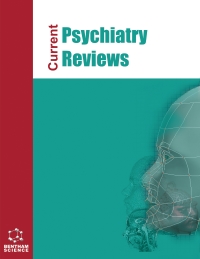-
s Ethical Decision-Making Models Across Mental Health Treatment: A Review and Expansion
- Source: Current Psychiatry Reviews, Volume 14, Issue 3, Sep 2018, p. 171 - 177
-
- 01 Sep 2018
Abstract
Background: Ethical dilemmas are common in the field of mental health, and often, ethical guidelines fail to provide clear courses of action. Historically, ethical decision-making models have been proposed which utilize a position rationality and positivism. While these ethical decision-making models have expanded over time to incorporate contextual factors, they often fail to adequately integrate personal imperatives and remain flexible enough to be generalized across settings and situations. Method: The goal of the present article is to provide those in the field of mental health with a virtue- driven ethical decision-making model that provides a balance between guided structure and personalization with the intent of integrating personal and professional identities for use in confronting ethical dilemmas. Results: An ethical decision-making model is presented that incorporates virtues found to be relevant to the field of mental health, characterized by six stages: observation, identification, consultation, balance, action and reflection. Conclusion: Ethical practice is heightened when professionals engage in synthesizing personal and professional values in order to increase a personal ethical imperative, rather than a rule-based ethical imperative, and when structured models are put in place for use when ethics codes fail or are deemed not useful.


